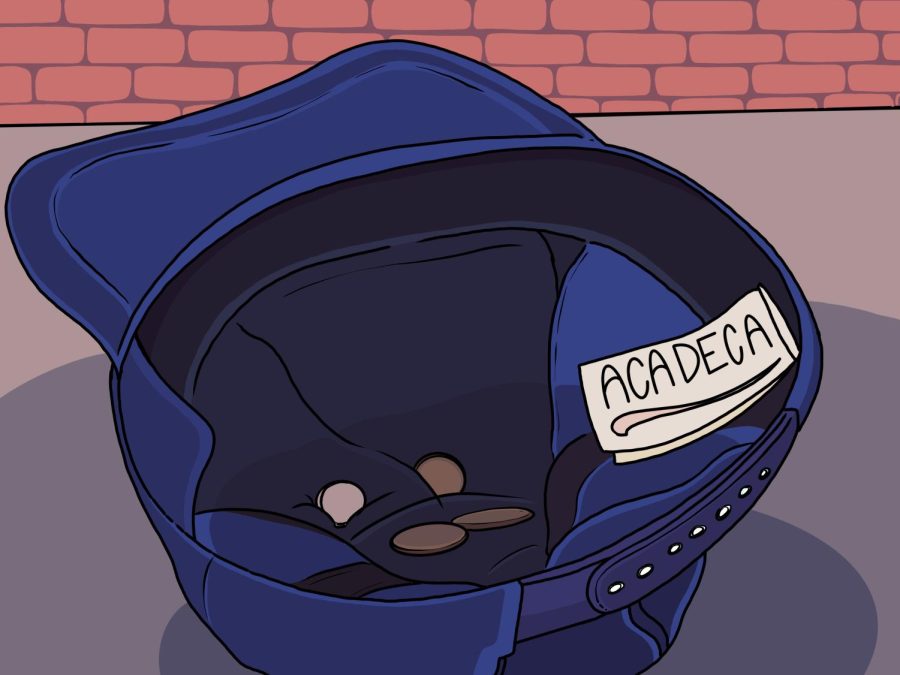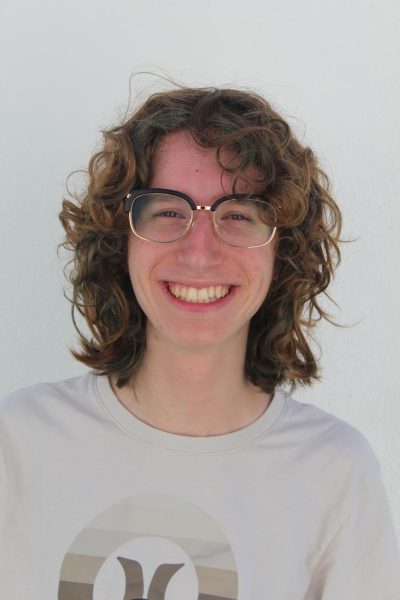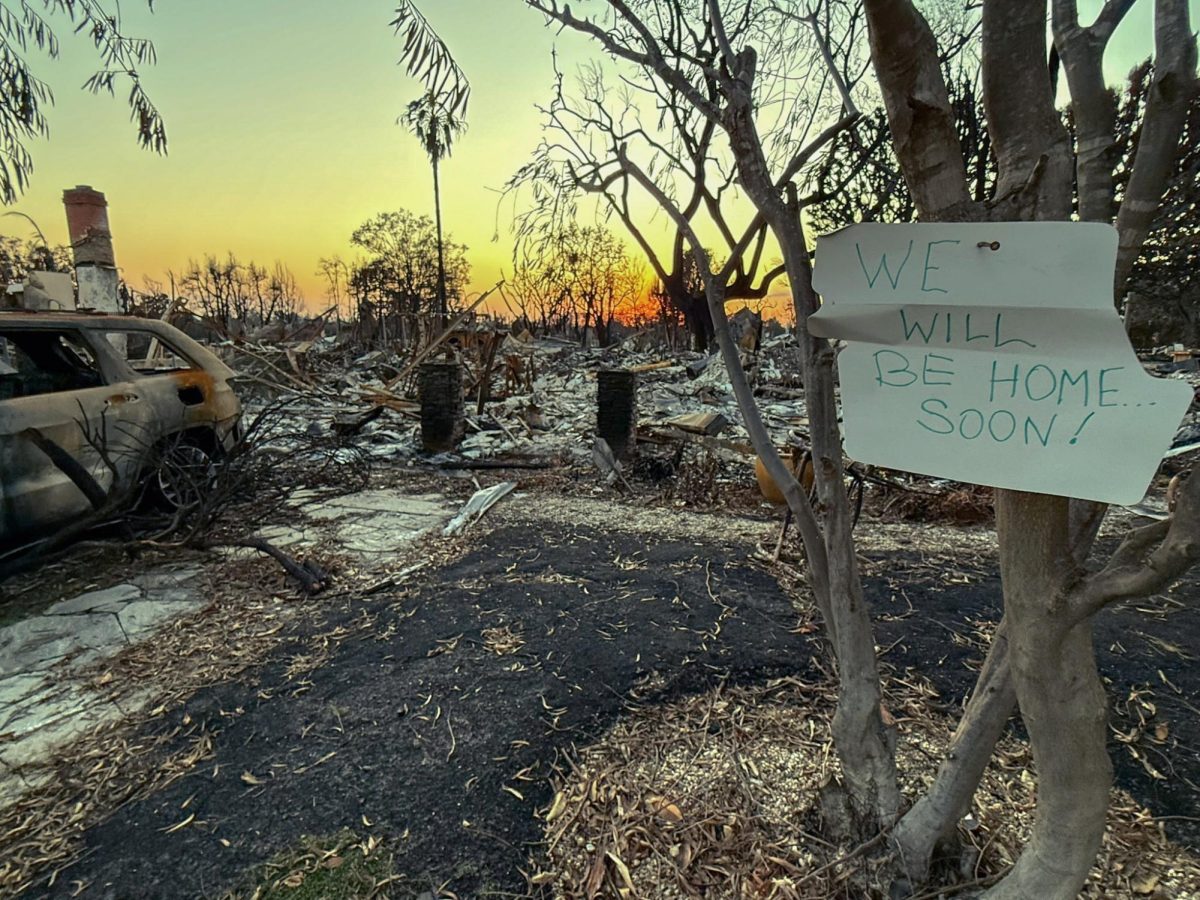Budget Cuts Force ACADEC to Become a Club
February 4, 2022
Pali’s Academic Decathlon (ACADEC) team lost its status as a seventh-period class when budget cuts forced it to become a lunch club in the fall of 2020. Now, the club leaders are struggling to keep its members motivated and involved.
ACADEC teams consist of nine students, with three members allowed to compete at each GPA-designated level. During a competition, participants are tested on the math, science, english, history, art, music and economics of a given subject. In the past, Pali’s ACADEC team has won six regional championships.
As a seventh period class, ACADEC garnered significant interest amongst Pali students and dedication amongst its members, according to Pali math teacher and former ACADEC coach Dr. Minh Ha Ngo. Students in the class would sometimes stay after school until 6 p.m. or 7 p.m. to prepare for their upcoming competitions, Ngo said.
“It was great fun because it was a team just like other sports teams,” she added, “The students bonded with each other.”
However, the budget cuts forced ACADEC to become a lunch club that only meets on even schedule days.
“Having a class for nine students may have been too small for the school’s resources,” Ngo said, explaining the reasoning behind the switch.
Now, acting only with the authority of a club, rather than a class, ACADEC does not require students to study or complete work for a grade.
“Since we’re no longer a course, people can just leave and drop out and we will never see them again,” junior and ACADEC President Ezekiel Ito said, adding that “we have no way to take recourse against that.”
Because participation is voluntary, ACADEC leadership has also been struggling to recruit members and to study and work as a group.
“We did have kids showing up, but they weren’t willing to come during seventh period. So it fizzled out. Coming in at lunch and eating bologna in front of each other is not all that interesting,” Pali ACADEC advisor and science teacher Gregg Strouse said. “Coming together [and] being silent … can’t build cohesion. And without cohesion, we have nothing.”
Yet, Strouse still hopes that “this year, [the club] will spend the spring semester building that cohesion and understanding of the class.”













